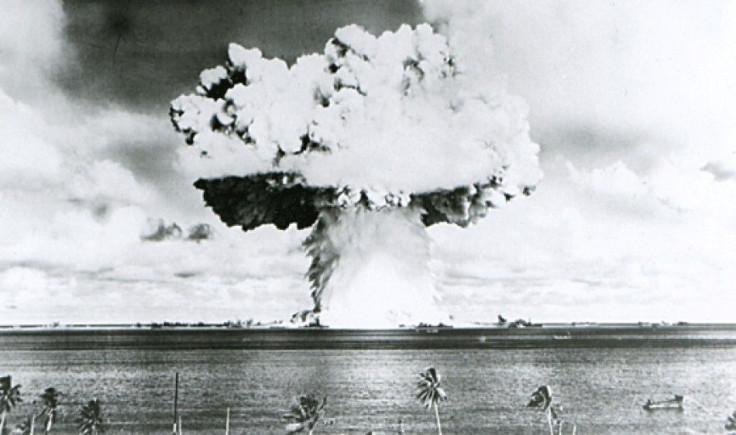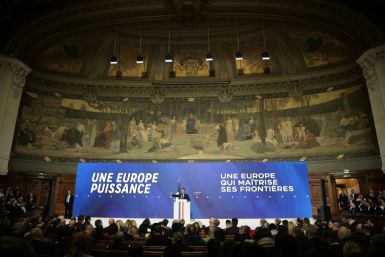World Leaders Do Not Understand Risks Posed By Nuclear Weapons

In a time where the word 'nuclear' has become the psywar instrument of choice of global leaders, international senior military, political and diplomatic believed today's present crop of world authorities do not really understand at all the implications and risks posed by nuclear weapons.
Sebastian Kurz, Austria's minister for foreign affairs, had received a letter ahead of the Vienna Conference on the Humanitarian Impact of Nuclear Weapons, scheduled on Dec 15. The letter was signed by over 120 international figures, including Lord Browne and Lord King, former British defence secretaries; Charles Clarke and Lord Richards, former British home secretaries; John McColl, former NATO deputy supreme allied commander in Europe; David Richards, the ex-chief of the British defense staff; and American General James Cartwright, a former vice-chairman of the US joint chiefs of staff, among others.
Everyone said that today's world leaders greatly "underestimate or insufficiently understand" the risks posed by nuclear weapons as well as the international dynamics that could lead to nuclear weapons. They said military miscalculation and escalation remain ripe because of the tensions between nuclear-armed states and alliances in the Euro-Atlantic area and in both South and East Asia.
Other figures who signed the letter included former French Prime Minister Michel Rocard, retired US General James Cartwright, the former vice-chairman of the joint chiefs of staff, and delegates from Russia, China and India.
On Thursday, the United States had pushed the button of the 21st century Cold War era against Russia. Both nuclear powerhouses, it is understood both have ready-to-launch nuclear weapons which the global international figures fear could be unleashed anytime soon. What's worse, measures to limit the risks of a deliberate or accidental nuclear attack is "insufficient."
Deliberate strikes are those authorised by the state, while accidental strikes are those involving insecure stockpiles targeted by terrorists. According to the International Campaign to Abolish Nuclear Weapons, there are still over 16,000 nuclear warheads in the possession of nine nations. These include the United States, Russia, Britain, France, China, Israel, India, Pakistan and North Korea.
"In a vestige of the cold war, too many nuclear weapons in the world remain ready to launch on short notice, greatly increasing the chances of an accident," the pan-global group of political, military and diplomatic figures warned. "This fact gives leaders faced with an imminent potential threat an insufficient amount of time to communicate with each other and act with prudence."






